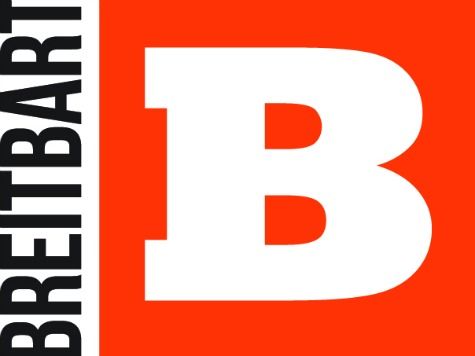California New Year’s Day partiers can only buy legal recreational marijuana at 44 locations across the state, as cities like Los Angeles are suffering problems setting up taxes and dealing with union infighting.
After voters passed the California Control, Regulate and Tax Adult Use of Marijuana Initiative (Proposition 64) in November 2016, recreational marijuana dispensaries were required to have local authorization before applying to the state for permission to conduct public sales.
Yelp already has “Best Recreational Marijuana Dispensariesin Los Angeles, CA” ratings for at least eight top locations, including 256 reviews for a prestigious five stars awarded to the Nirvana Clinic in East Hollywood. But there is a slight problem with Yelp’s credibility: the City of Los Angeles has not even applied for any recreational marijuana licenses.
The State of California Bureau of Cannabis Control (BCC) began issuing licenses on Dec 1. But as of Dec. 29, it had only issued 44 for adult recreational marijuana use and 69 cannabis licenses for medical retailers, despite at least 2,174 supposedly licensed medical dispensaries in California with online phone numbers listed at the FindTheBest site.
The BCC had projected that a legal cannabis industry would be growing at about the same 28 percent compounded rate for the roll-out of Internet broadband access. California’s Prop 64 was expected to generate $6.6 billion in legal cannabis sales and support 100,000 private sector jobs in 2018.
The State of California has made legalized marijuana and hemp subject to an excise tax rate of 15 percent on sales, plus a cultivation tax of $9.25 per ounce for flowers, and $2.75 per ounce for leaves. At the $6.6 billion sales level, the state expected to collect over $1 billion in taxes that politicians could use for discretionary spending in 2018.
Marijuana investment bank New Frontier Financials projected local governments would also layer another up to 25 percent in sin taxes to collect $800 million annually.
But Los Angeles’ big problem in cashing in on Prop 64 is that of the 1,700 locations claiming that they were legally selling medical marijuana in 2017, only 139 complied with the current local regulatory and tax structure, according to Controller Ron Galperin.
Another headache for union-dominated cities like Los Angeles and San Francisco is infighting about which union(s) will organize “weed workers” after the United Farm Workers union, founded in 1962 by Cesar Chavez, claimed that marijuana is a Mexican-American agricultural product that would benefit from branding with its iconic WFC logo.
The United Food and Commercial Workers’ union, which had expected to organize retail sales because they represent grocery clerks, and the Teamsters’ union, because they represent transportation drivers, both declared that they, too, now intended to battle to organize all 100,000 workers in the industry.
It looks like the real winners from Prop 64 will be black market dealers. The marijuana user-friendly Hightimes blog reported that an eighth of an ounce of weed at a California medical marijuana dispensary currently costs about $50, whereas an illegal street dealer only charges $20. Hightimes believes that two new layers of taxes and unionization will make black market dealers even more competitive.
The post Recreational Marijuana Bust: Cities, Unions Fight over Taxes,Organizing appeared first on News Wire Now.












